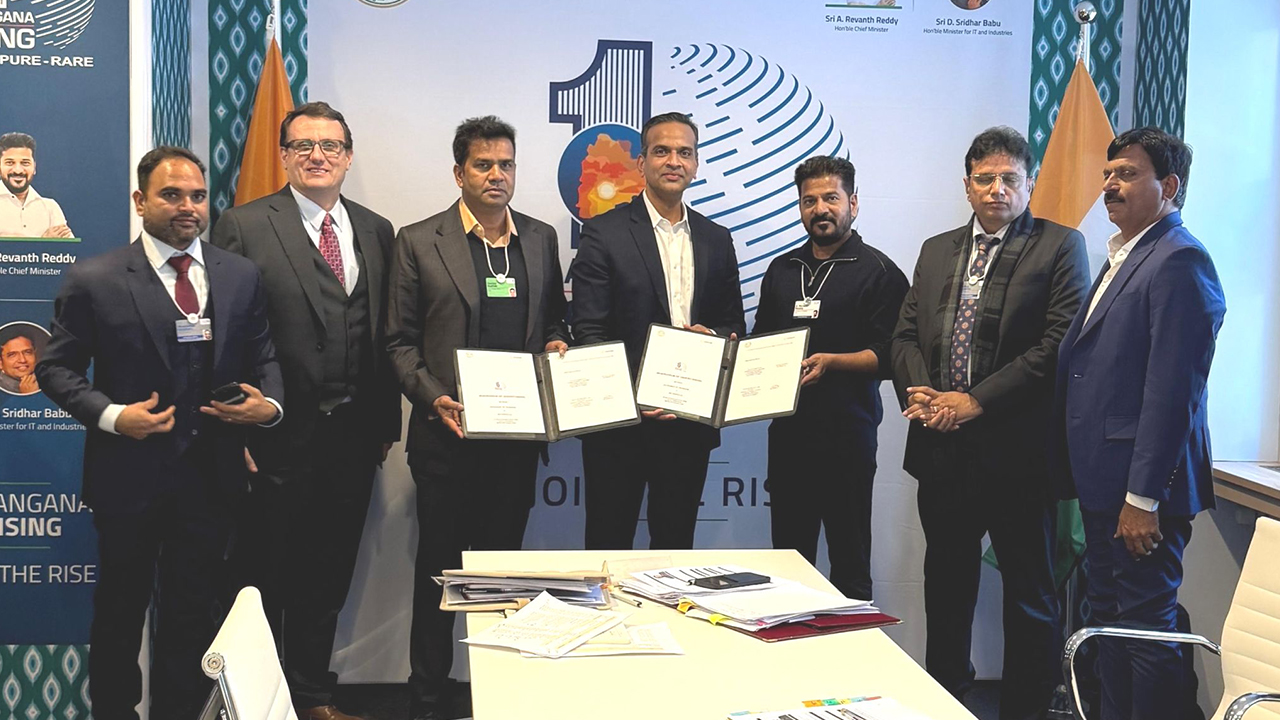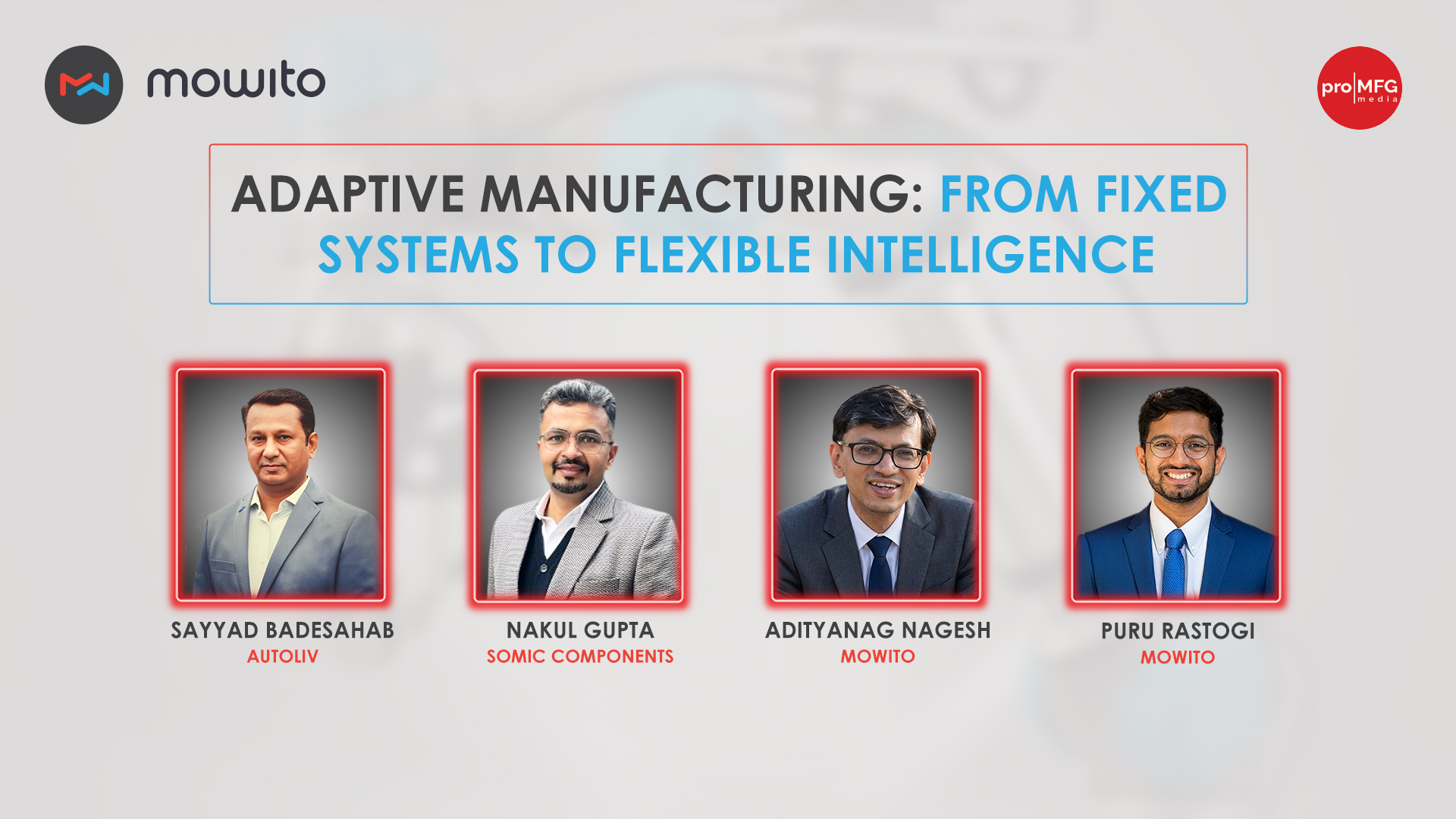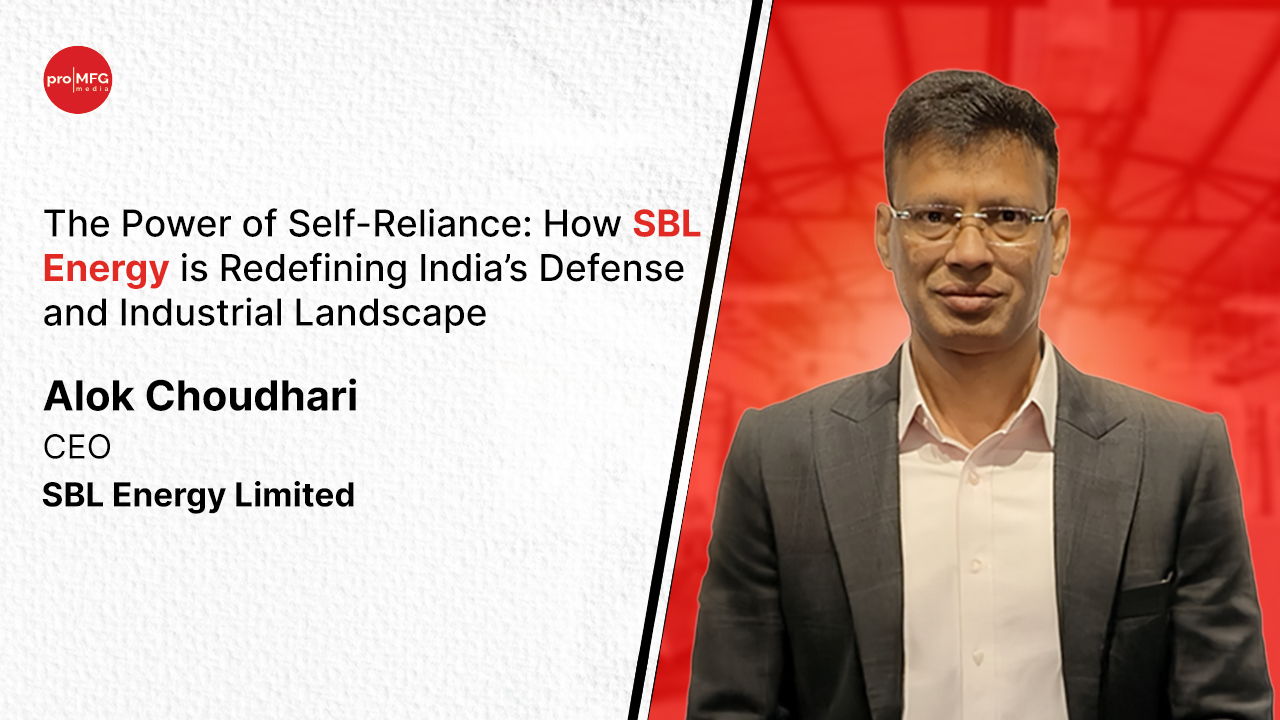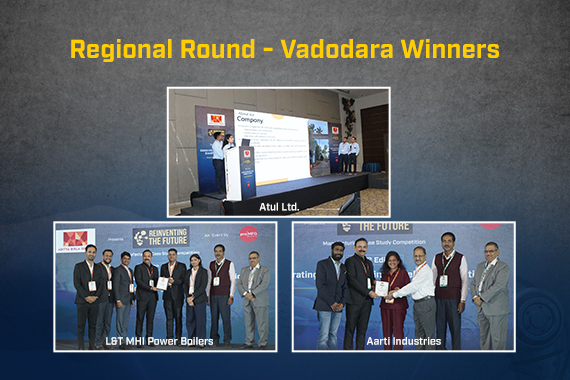Culture of Operational Discipline: Effective in building a sustainable organization
#DuPont #Safety #SustainableSafety and operations walk hand – in – hand and as the world is moving towards building sustainable businesses, it is essential to focus on safety. Mr. Hitesh Thaker, Principal, DuPont Sustainable Solutions, shares the fundamentals of Safety and Sustainability with Pro MFG Media. With 25 years of experience, he brings an ideal mix of operations and consultancy background to provide pragmatic solutions to operational excellence challenges encountered by clients. His area of expertise includes operational risk identification and mitigation through customized technical and systemic solutions.
Often organizations fall prey to short-term solutions which may bring temporary relief but are not an efficient solution in the long run. Of course, the difference between a temporary fix and a long-term solution comes down to the right knowledge, experience and operational discipline. DuPont Sustainable Solutions (DSS) is a global consulting firm with a rich heritage from its parent company and is spread across 35 countries.
The organization chiefly focuses on two parameters – protecting people and improving operations. DSS firmly believes that both the parameters must go hand-in-hand to achieve desired outcomes. The firm brings in bespoke expertise from relevant fields, to help clients implement change. DSS takes pride in bringing about positive change going beyond achieving compliance. Their Indian team is focused on consulting and learning & development solutions to achieve operational excellence.
Phases of Safety Commitment Unfortunate industrial incidents across the globe as well as in India have compelled industry leaders to focus immensely on safety and sustainability. However, the gap between intent and action persists. Though the desire to improve is present, yet transforming this desire into action still has a distance to go. To achieve a better and sustainable future, organizations have to go through three different phases – comply, prioritize, and value. The organization in the initial phase focuses on compliance, which shifts into a priority over time. However, as organizations start realizing the wholistic benefits in implementing safety, it becomes a value i.e., the management no longer considers it as an additional cost but regard it as a long – term investment.
Think Global Act Local In the current times, while there is an emphasis on going local, the desire to achieve global excellence stands the same. DSS has embraced the ‘go local’ initiative as it adds value to the sustainable cycle. There is a gap between Indian safety standards and global best practices, and hence Indian organizations must move towards achieving excellent safety standards. Indian industries must move from compliance due to fear to adapting global safety best practices because they are value accretive.
Impact on Operations Achieving at par safety in the Indian industry is necessary, to ensure asset performance and reliability. The essentials of safety practices remain the same, and it is rightly said that if the organization cannot manage safety, they cannot manage operations. Safety is the key element in operations, and industries improving safety standards see overall improvement in operational performance.
Mindsets and Capability Improvements Presently there is an immense emphasis on skilled labor across the globe to deliver efficient operations. Although Indian workers are exposed to global technologies and innovation, they are not at par in the skillset domain.
Since the industry is witnessing massive developments in innovative technologies globally, Indian workers must upgrade their knowledge and train themselves to achieve efficiency. The organization must train and retrain the employees to adapt to the requirements of the industry.
The mindset and behavior is the other challenge faced by the Indian industry. Providing training programs is not sufficient. It is vital to provide practical knowledge and imbibe confidence in the employees to overcome the conventional mindset. People being reactive by nature, realize the importance of the safety only after witnessing or experiencing an accident. It is essential to change to a proactive interdependent mindset on the shop floor.
Culture of Operational Discipline DSS often comes across organizations that have won numerous awards in safety, but lack practical implementation. Organizations must focus on implementing safety practices on the field. while avoiding shortcuts in the process. They do not have to create special processes to achieve safety if it is already built into the operating model. The challenge is not lack of safety processes and SOPs but operational discipline in following them meticulously. Operational discipline in following SOPs and related rules will eventually improve the productivity and safety of the organization. DSS can play the critical role of a catalyst in transforming the culture of operational discipline within client organizations.
NEWSLETTER
TRENDING ON PRO MFG
MORE FROM THE SECTION









